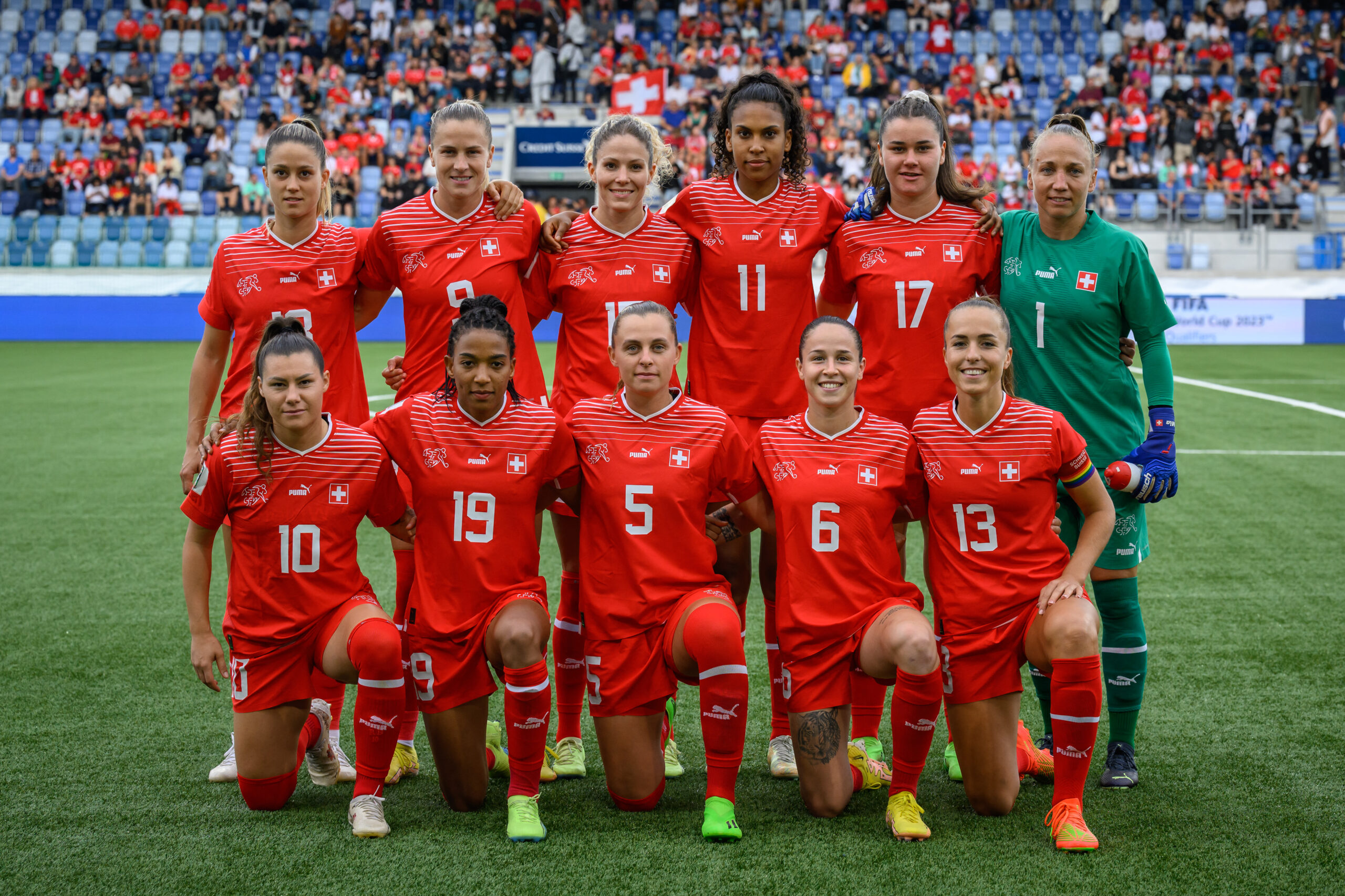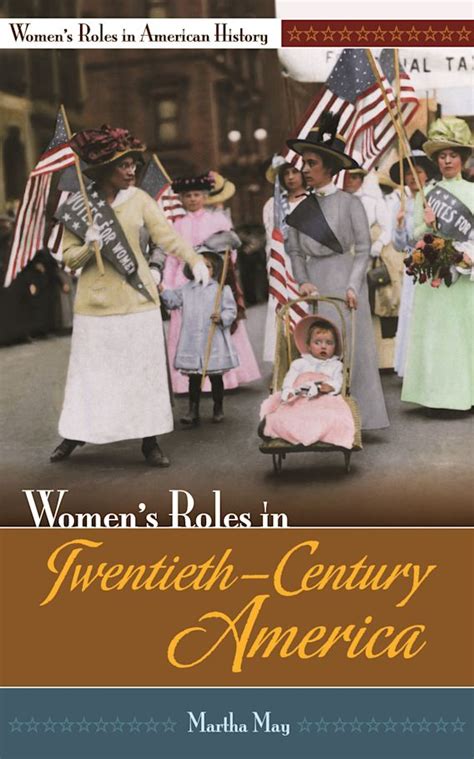The twentieth century was a transformative period for women, marked by significant social, cultural, and economic changes that redefined their roles in society. From the suffragettes fighting for voting rights to the feminist movements of the 1960s and 1970s, women’s lives were shaped by a complex interplay of factors, including technological advancements, world wars, and shifting cultural norms. This article will explore the evolution of female roles during this pivotal century, highlighting the challenges, triumphs, and enduring legacies of women who paved the way for future generations.
One of the most iconic female figures of the twentieth century is Eleanor Roosevelt, who served as First Lady of the United States from 1933 to 1945. A vocal advocate for women’s rights, social justice, and human rights, Roosevelt embodied the spirit of female empowerment, using her platform to raise awareness about critical issues and inspire action. Her legacy extends far beyond her time in the White House, as she continues to inspire women and girls around the world with her courage, compassion, and unwavering commitment to creating a more just and equitable society.
The Rise of Feminism

The mid-twentieth century saw the emergence of feminism as a major social and political force, with the publication of Betty Friedan’s groundbreaking book “The Feminine Mystique” in 1963. This seminal work challenged the notion that women’s lives were limited to domesticity and childrearing, arguing that women had the capacity for intellectual and professional pursuits, and that they deserved equal opportunities and respect. The feminist movement gained momentum throughout the 1960s and 1970s, with women like Gloria Steinem, Bella Abzug, and Shirley Chisholm leading the charge for reproductive rights, equal pay, and social justice.
The impact of these movements can be seen in the lives of women like Rosa Parks, who refused to give up her seat on a Montgomery, Alabama bus in 1955, sparking the Montgomery Bus Boycott and becoming an icon of the Civil Rights Movement. Or women like Wilma Rudolph, who shattered track and field records at the 1960 Rome Olympics, becoming the first American woman to win three gold medals in a single Olympics and inspiring a generation of young athletes.
Timeless Female Roles
Despite the many advances made, certain female roles have remained timeless, enduring despite the changing social and cultural landscape. The role of mother and caregiver, for example, remains a fundamental aspect of female identity, with women continuing to play a primary role in nurturing and educating children. The role of community leader and social activist also persists, with women like Malala Yousafzai, who survived a Taliban assassination attempt and went on to become a Nobel Peace Prize laureate, inspiring a new generation of young women to take action and make their voices heard.
As we look to the future, it’s clear that the legacy of twentieth-century women will continue to shape and inspire generations to come. From the suffragettes to the feminists, from Eleanor Roosevelt to Malala Yousafzai, these women have left an indelible mark on history, paving the way for a more just, equitable, and compassionate society.
What were some of the key challenges faced by women in the twentieth century?
+Women in the twentieth century faced a range of challenges, including limited access to education and employment, lack of representation in politics and leadership positions, and ongoing violence and discrimination. Despite these challenges, women made significant strides, with the feminist movement emerging as a major social and political force in the mid-twentieth century.
How did the feminist movement impact women's lives in the twentieth century?
+The feminist movement had a profound impact on women's lives, challenging traditional notions of female domesticity and arguing for equal opportunities and respect. Women like Betty Friedan, Gloria Steinem, and Shirley Chisholm led the charge for reproductive rights, equal pay, and social justice, inspiring a new generation of women to take action and make their voices heard.
What lasting legacy have twentieth-century women left on society?
+The legacy of twentieth-century women is profound and far-reaching, with women continuing to play a primary role in shaping and inspiring future generations. From the suffragettes to the feminists, from Eleanor Roosevelt to Malala Yousafzai, these women have left an indelible mark on history, paving the way for a more just, equitable, and compassionate society.
In conclusion, the evolution of female roles in the twentieth century was a complex and multifaceted process, shaped by a range of social, cultural, and economic factors. As we look to the future, it’s essential to learn from the triumphs and challenges of the past, recognizing the importance of intersectionality, inclusivity, and empowerment in creating a more just and equitable society for all.


